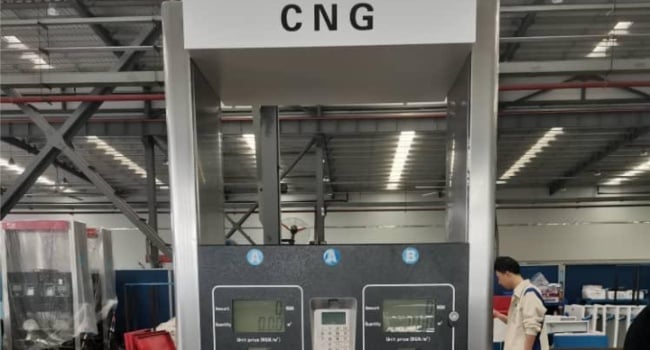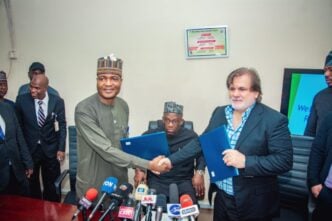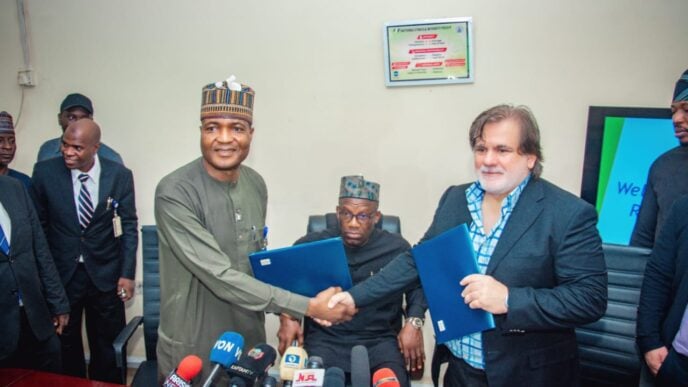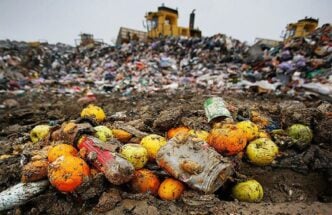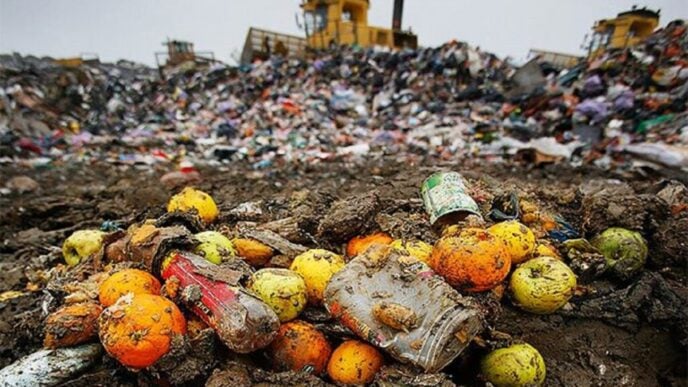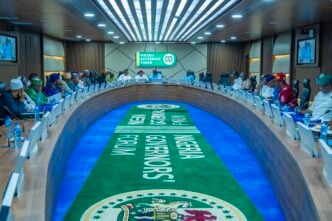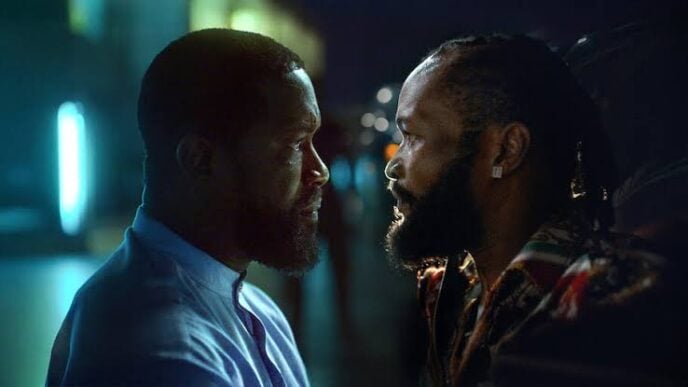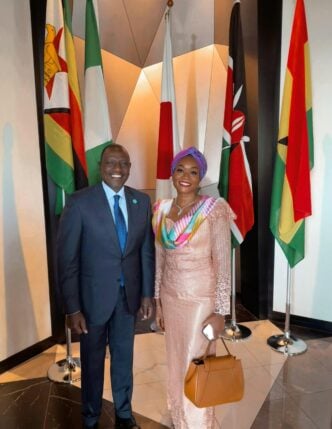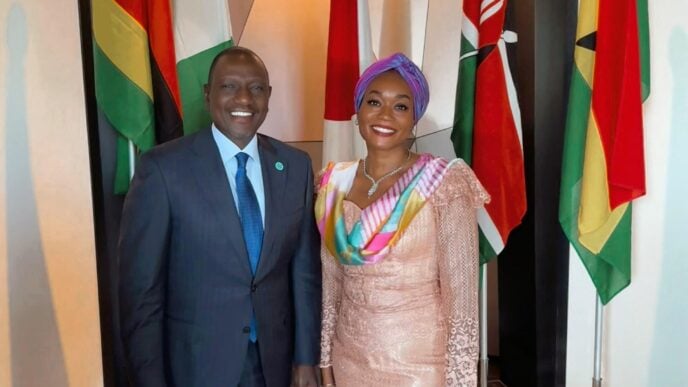President Bola Ahmed Tinubu, with the Director-General of the World Trade Organisation, Ngozi Okonjo-Iweala, during her visit to the State House, Thursday, August 14, 2025
BY ‘LADE BANDELE
“She did not come to defend or to attack government policy. She came to describe Nigeria’s condition as it is: an economy that has avoided collapse, but that must still find its way to expansion.”
When the Director General of the World Trade Organisation (WTO), Dr Ngozi Okonjo-Iweala, visited Abuja a few days ago, she did so both as a Nigerian and the head of a multilateral institution. Her remarks on Nigeria’s economic direction were characteristically clear. The economy, she observed, has begun to achieve a measure of stability after a year of turbulence.
Yet, stabilisation is only the foundation. Growth, jobs, and safety nets for the vulnerable must follow.Her intervention has since been pulled in conflicting directions in the ensuing public debate. Some have suggested she overstated progress. Others have implied she understated hardship. As the head of a multilateral organisation, Okonjo-Iweala’s role is not to please political factions but to state facts as they stand. She did precisely that.Stability, in her usage, refers to the macroeconomic environment. It is the condition that determines whether an economy can begin to plan beyond crisis. After the naira was floated in 2023, the currency depreciated sharply, losing nearly seventy per cent of its value in months.
Advertisement
Inflation surged towards thirty per cent. Food and transport costs soared. Fears of hyperinflation and an external reserve collapse were real. One year later, the picture is still difficult, but the worst outcomes have been contained. The naira has steadied between ₦1,450 and ₦1,600 to $1, rather than collapsing further. Foreign reserves remain above $34 billion as of July. According to the IMF 2025 Article IV staff report, inflation was 23.7 per cent year-on-year in April on the rebased CPI, and NBS data show that it has eased to 21.88 per cent in July. These are the conditions of stabilisation. The most dangerous shocks have been slowed, creating a platform for recovery.This is not prosperity. It is the floor on which prosperity can be built. For households, prices remain high. A bag of rice is still well beyond the reach of many, and transport fares continue to squeeze incomes. But stabilisation means that shocks are not compounding as they did before. It is the difference between managing a crisis and beginning to create room for solutions.
Okonjo-Iweala emphasised that stabilisation must be matched by targeted support for those at the bottom of the economic pyramid. The removal of fuel subsidies freed resources but also deepened hardship for many Nigerians. The National Bureau of Statistics reported food inflation above 34 per cent by mid-2025. The World Bank estimated that four million Nigerians may have fallen into poverty between 2023 and 2024 due to higher living costs. In such an environment, safety nets are not optional. They are the mechanism that allows reforms to be sustained. Conditional cash transfers, community job creation programmes, support for young entrepreneurs, female economic empowerment programmes, food distribution programmes and targeted subsidies on health and education, etc. protect vulnerable groups, while broader reforms take root.
Without them, social pressures threaten both economic recovery and political stability. Her reminder was straightforward. Stabilisation is necessary, but its credibility depends on whether Nigerians at the bottom of the ladder feel some relief.
Advertisement
For those familiar with her record, this message is neither surprising nor new. As Nigeria’s Coordinating Minister of the Economy, Okonjo-Iweala oversaw the 2014 GDP rebasing that revealed an economy worth $510 billion, the largest in Africa at the time. She pushed for the creation of the Sovereign Wealth Fund, even in the face of resistance, and consistently warned about the dangers of consuming oil revenues without savings. Her approach has always been defined by candour, even when politically unpopular. To now suggest that she would temper her words to suit a political moment is inconsistent with her antecedents. Her statement in Abuja reflects the same ethos: clear eyed analysis rooted in data, with attention to long term structural needs.
Her visit also highlighted Nigeria’s place in the global economy, which somehow has been missing in the recent media narratives. To wit, she launched the Women Exporters in the Digital Economy Fund, a $50 million initiative of the WTO and the International Trade Centre. Out of 67,000 Nigerian women who applied, 146 were selected to receive grants and intensive technical assistance. Sixteen will receive up to $30,000 each, alongside 18 months of mentorship. Another 130 will receive $5,000 each, with a year of structured support. One area in which Nigerian women can seize opportunities is in the digitally delivered services trade, where Africa currently accounts for only about one per cent. This segment of global commerce covering accounting, education, health, legal, financial, creative and other professional services is already worth an estimated $4.25 trillion and it is expanding rapidly.
The programme is timely. Nigeria’s ICT sector now contributes 18 per cent of the GDP, up from less than one per cent in 2001, but internet penetration remains at 45 per cent, compared to the global average of 67 per cent. Without significant investment in connectivity, energy reliability, and skills, Nigeria risks falling behind. The Women Exporters in the Digital Economy Fund is therefore more than an empowerment scheme. It points toward a growth model in which Nigerian women-led enterprises can access global value chains, earn higher returns, and generate jobs. Studies show that women-owned firms trading internationally earn 2.8 times more than those serving only local markets. Linking macroeconomic stabilisation with opportunities in trade is the path to inclusive recovery.
The broader challenge remains growth.
Following the latest rebasing, Nigeria’s GDP now stands at about $244 billion, much lower than the $510 billion recorded in 2014 after rebasing. Per capita GDP is now almost exactly half of what it was in 2014 in dollar terms. Each year, over four million Nigerians enter the labour force. Current growth rates of three to four per cent cannot absorb this supply. The result is widespread underemployment, migration pressures, and social discontent. To make a dent in poverty, growth must be closer to six per cent annually. This is the context of Okonjo-Iweala’s call. Stabilisation is not an end point. It must be converted into sustained growth that delivers jobs and opportunities. Otherwise, the sense of stability will remain technical, not tangible.
Advertisement
The tendency to politicise her words distracts from their substance. She did not come to defend or to attack government policy. She came to describe Nigeria’s condition as it is: an economy that has avoided collapse, but that must still find its way to expansion. The lesson is not about who she may or may not have pleased. It is about whether Nigeria’s policymakers will seize the moment. Will safety nets reach those who need them? Will reforms attract investment into power, infrastructure, and digital sectors? Will the structural reforms required for long term growth be implemented? These are the issues her statement raises. They are not partisan questions. They are developmental ones.
Okonjo-Iweala’s message was measured and constructive. Stabilisation has been achieved in some respects. But stability, in her words, is the platform for what must come next: growth at scale, opportunities for youth, and resilience for the vulnerable. Her perspective carries weight, not only because of her global office, but because she has been here before. She oversaw the data that placed Nigeria on the map as Africa’s largest economy a decade ago. There is no reason to doubt she wishes to see it grow beyond that baseline today.
The point is not to defend her message, nor to attack it. It is to listen to it as it was meant: a sober assessment of where Nigeria stands, and a reminder of what is required. Nigeria has pulled back from the brink of macroeconomic crisis. The question now is whether it can climb toward shared prosperity. Stability is the beginning. Growth, jobs, and resilience are the destination.
‘Lade Bandele, a media and development worker, writes from Lagos.
Advertisement
Views expressed by contributors are strictly personal and not of TheCable.

